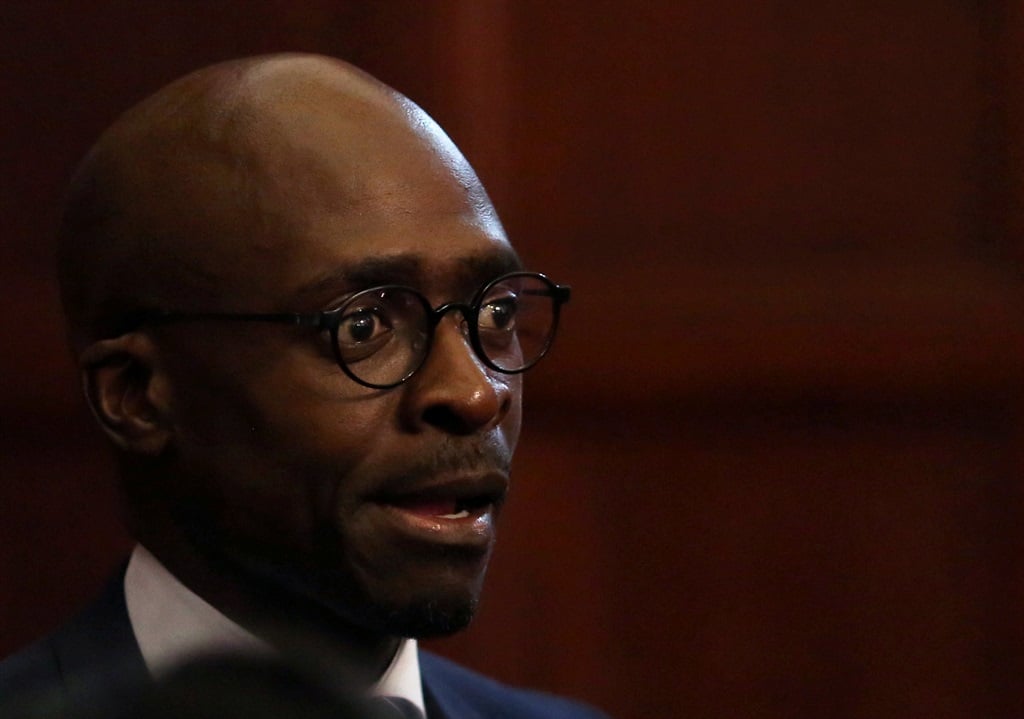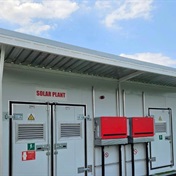
Decisive leadership, political will and real benefits for the people. Finance Minister Malusi Gigaba pulled no punches as he outlined his vision for inclusive growth and economic transformation – and the leadership requirements in order for it to work.
Gigaba was speaking at a Black Business Council Round-table in Durban this morning, on the sidelines of the World Economic Forum on Africa.
He said the government needed to show decisive leadership with regards to inclusive growth and economic transformation.
“We must sustain the political will to drive it such that growth results are achieved, with real benefits for our people. We must be bold and creative, and not limit ourselves conceptually from imagining new approaches appropriate for our national circumstances,” he said.
Gigaba highlighted the need for investment in infrastructure, and for Africa to help itself rather than rely on international funding.
Africa’s infrastructure backlog was estimated at around $100 billion (about R1.3 trillion) a year, Gigaba said, but available financing covers only half of this.
“We need infrastructure that supports industrialisation, the beneficiation of minerals and the delivery of basic services to our people,” said Gigaba.
“We need social infrastructure to support a globally competitive education system, such as schools, universities and housing for students.”
Trade within Africa has been hit hard by poor infrastructure, currently sitting at 11%. This is compared with trade within Europe at 60%, and trade within Asia and North America, both at 40%.
Inter-continental trade mobilises capital to build economic infrastructure.
“Unlocking industrial activity, intra-Africa trade, and growing Africa’s share of global trade, is crucial for Africa’s development.,” said Gigaba.
In order to construct this capital bridge, Africa needs to change its attitude.
“Africans must not expect others to invest in what we ourselves, are not ready to invest in. Our capital resources may be limited, but they are not insignificant,” said Gigaba.
“We need to mobilise our domestic savings and capital markets to invest in deals on the continent. Resources can also be obtained by stemming the outflow of illicit financial flows, which rob our continent of resources.”
Gigaba said that, in many cases, it was not funding that is missing, but projects that were well structured and bankable.
$100 billion a year – Africa’s infrastructure backlog
R4 trillion – The value of projects in South Africa’s pipeline
11% – Intra-African trade
40% – Intra-Asian trade
40% – North American trade
60% – Intra-continental (Europe) trade
South Africa had more than R4 trillion worth of projects in its pipeline, and the government was spending R1 trillion over the next three years in funding and delivering the most strategic and urgent of these. Many of these were attracting private investment, but Gigaba highlighted the need to put in place policy and regulatory regimes that attract investment.
“The Africa infrastructure report pointed out that weak policy in sectors like electricity and transport can hold back investment. These investments involve huge initial outlays and long repayment horizons and therefore investors require certainty and stability,” he said.
The state plays a leading role in capital investment, due to the resources it can mobilise and an integrated view of procurement across implementing agencies needed to be developed.
“How much cement, steel, and machine components are we procuring over the next five years across energy, transport and social infrastructure? With an integrated view, can we funnel this spend to domestic manufacturers to help them produce items which we currently import?
“From an African perspective, how do we work with other African countries to develop more infrastructure projects using African, rather than foreign companies?”
State owned companies needed to build relations on the continent, in order to create African partnerships to deliver projects, rather than these being delivered by foreign companies, he said.




 Publications
Publications
 Partners
Partners








